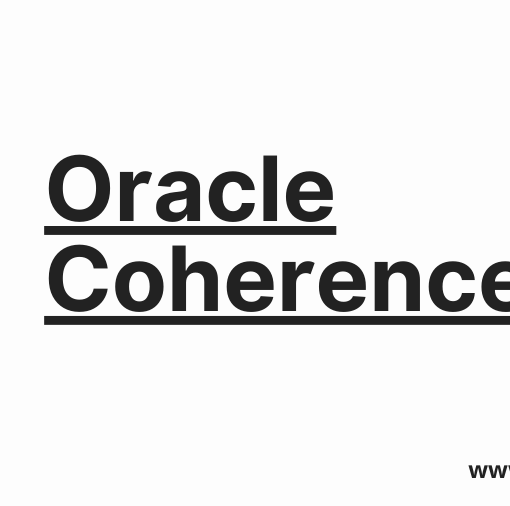In the fast-paced world of web development, SAP emerges as a key player, bringing its robust technologies to the realm of web applications. Let’s embark on a journey to explore the nuances of SAP web development, understanding its components, advantages, challenges, and future trends.
Importance of SAP in Web Development
Streamlining Business Processes
SAP plays a pivotal role in web development by providing tools and frameworks that streamline complex business processes. The integration of SAP solutions into web applications enhances efficiency and ensures a seamless flow of information.
Enhancing User Experience
In the era of user-centric design, SAP contributes significantly to enhancing the overall user experience of web applications. With features like SAP Fiori for web apps, the focus is on creating intuitive and visually appealing interfaces.
Key Components of SAP Web Development
SAP Fiori for Web Apps
SAP Fiori extends its design principles to web applications, ensuring a consistent and delightful user experience across devices. This component is especially crucial for organizations aiming to deliver user-friendly and responsive web interfaces.
Integration with SAP HANA
The integration with SAP HANA brings real-time data access to web applications. This ensures that users receive up-to-date information, critical for decision-making processes.
SAPUI5 Framework
SAPUI5, a powerful web application development framework, enables developers to create responsive and feature-rich web applications. Its flexibility and extensibility make it a cornerstone in it.
Advantages of SAP Web Development
Cross-Platform Compatibility
SAP web applications boast cross-platform compatibility, ensuring a seamless user experience regardless of the device or browser. This is crucial in today’s diverse digital landscape.
Real-time Data Access
Thanks to the integration with SAP HANA, web applications developed using SAP technologies can harness the power of real-time data. This capability is a game-changer for industries where timely information is paramount.
Scalability
SAP’s focus on scalability ensures that web applications can grow seamlessly with the evolving needs of an organization. Whether it’s an expanding user base or increasing data volumes, It provides solutions that scale.
Getting Started with SAP Web Development
Setting up the Development Environment
Before diving into it, it’s essential to set up a robust development environment. This includes configuring development tools, version control, and ensuring compatibility with SAP technologies.
Overview of SAP Web IDE
The SAP Web Integrated Development Environment (SAP Web IDE) is a central tool for web development with SAP. It simplifies the development process, offering features like code completion, debugging, and collaborative development capabilities.
SAP Web Development Lifecycle
Planning
The development journey begins with meticulous planning. Define the objectives, features, and user expectations for the web application. This phase involves collaboration with stakeholders to gather requirements.
Design
In the design phase, the focus shifts to creating wireframes and defining the visual aspects of the web application. SAP Fiori principles play a crucial role in designing user interfaces that prioritize user experience.
Development
With the planning and design in place, developers can start coding the web application using SAPUI5 and other relevant technologies. This phase emphasizes writing clean, modular, and efficient code.
Testing
Thorough testing is essential to ensure the web application functions as intended. This includes unit testing, integration testing, and user acceptance testing to address any issues before deployment.
Deployment
Once testing is successful, the web application is ready for deployment. This involves configuring the application for the desired SAP landscape, whether on-premises or in the cloud.
Maintenance
Post-deployment maintenance is crucial for addressing any issues, implementing updates, and ensuring the continued smooth operation of the web application.
Best Practices in SAP Web Development
Responsive Design
Prioritize responsive design to ensure the web application adapts seamlessly to different devices and screen sizes. This enhances the accessibility and usability of the application.
Security Measures
Implement robust security measures to protect sensitive data and ensure a secure user experience. This includes encryption, secure authentication, and adherence to best practices in secure coding.
Read More:





